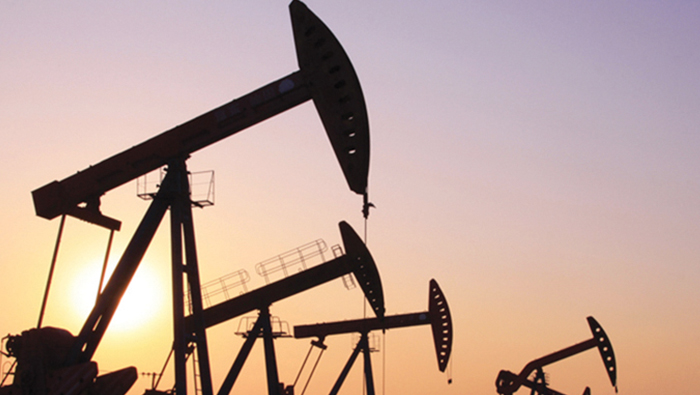
Muscat: Prices of Oman crude breached the $100 per barrel mark for the first time in seven years, pointing to a positive outlook for oil exporters, say economists in the country.
Oil prices ratcheted up nearly $5 overnight to cross the $100 mark, reported the Dubai Mercantile Exchange (DME).
“Marker prices on March 1 for May 2022 Oman crude oil future contract (OQD) is $100.85, with a change of $4.81,” said DME in its daily update.
Dr Mohammed Al Wardi, an economic analyst in the country, said: “The official price of oil that we saw on Tuesday has not been seen in Oman since the year 2014. The price increase will bring great gains to the public treasury. This is very good, as Oman had accumulated debt caused by previous drops in oil prices.
“The last financial surplus Oman earned was 14 years ago, for the 2008 fiscal year, but after seeing negative returns for so long, Oman will be able to achieve large surpluses this year,” he added. “A key cause for the jump in oil prices is the ongoing conflict between Russia and Ukraine.”
In this context, Khalfan Al Touqi, another economist in the country, said the rise in oil prices would not be good for Oman alone, but the rest of the countries of the Gulf Cooperation Council (GCC) and other oil exporters as well. Oman is one of the six members of the GCC, with the other five being Qatar, the United Arab Emirates, Saudi Arabia, Bahrain, and Kuwait.
“The rise in oil prices will bring great benefits in the short-term,” he said. “This is an opportunity for countries to address their economic and financial situation. It is expected that oil and gas exporters – including Oman – will use this money to recover from the impact of COVID-19 and other economic uncertainties.
“A crucial effect of the rise in oil prices is the financial surplus Oman will have – something the country has not seen since 2014,” added Al Touqi. “This is a great opportunity to turn Oman’s credit rating from ‘stable’ to ‘positive’, and pay back its financial obligations.”
The Oman crude futures contract pricing system from Dubai Mercantile Exchange is used by five oil-producers: Oman, Kuwait, Bahrain, Saudi Arabia and the Emirate of Dubai.